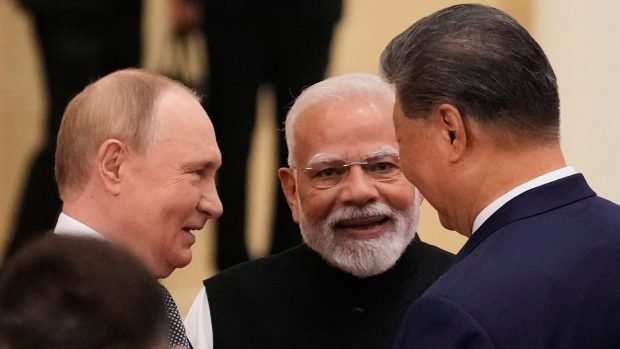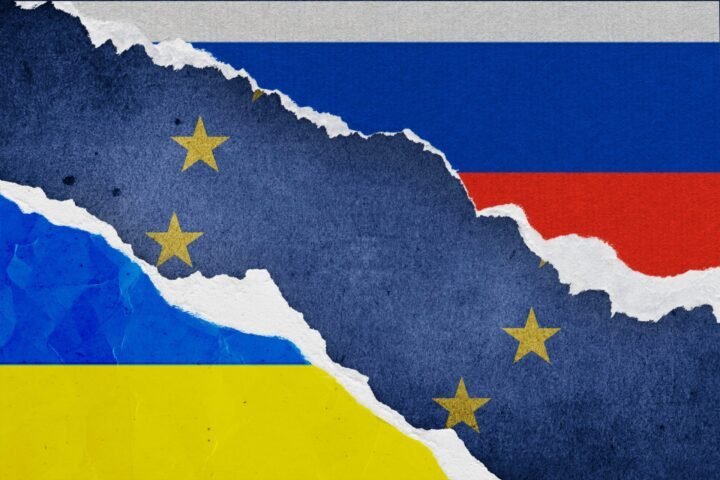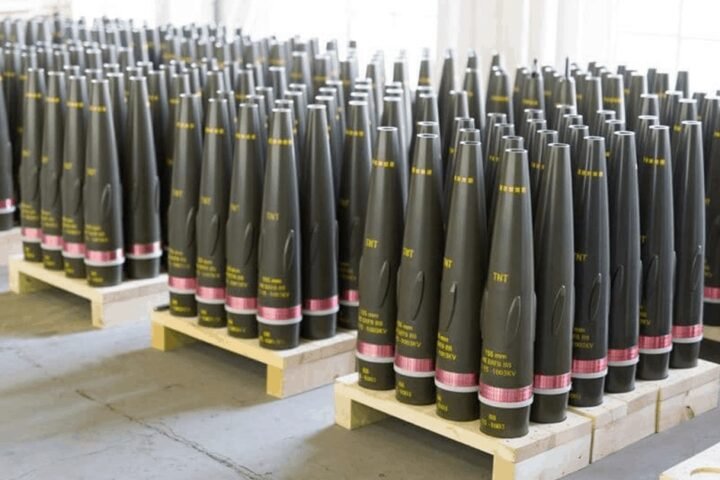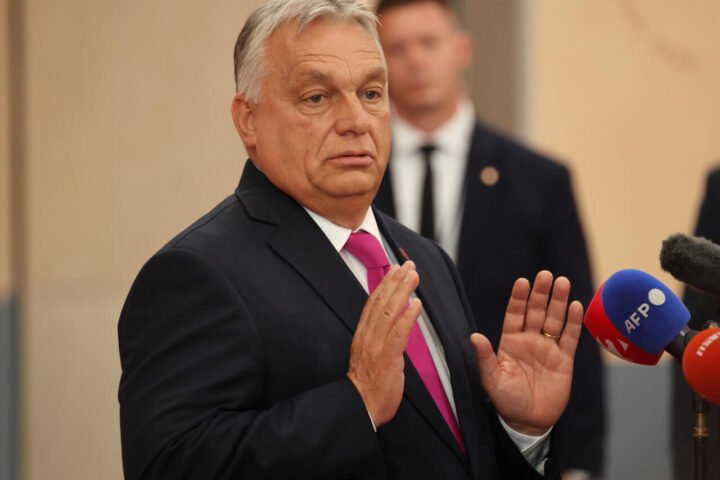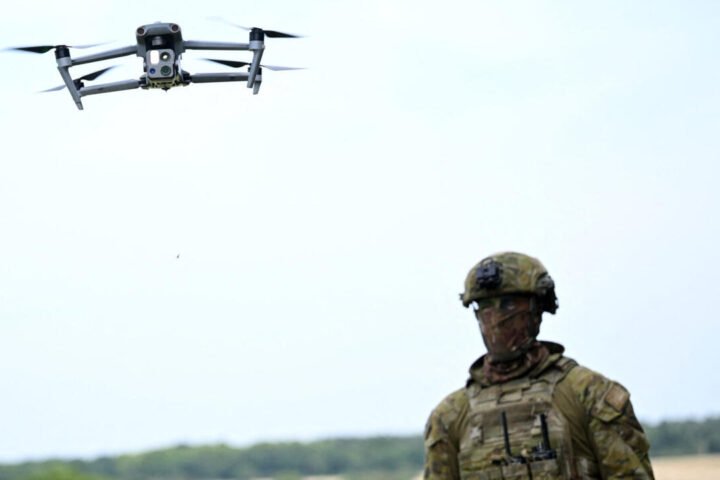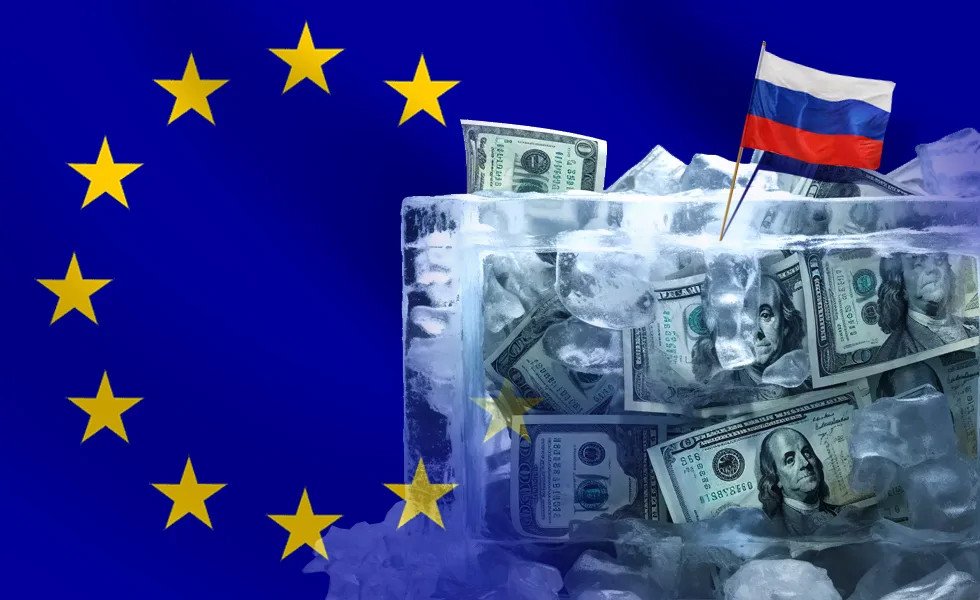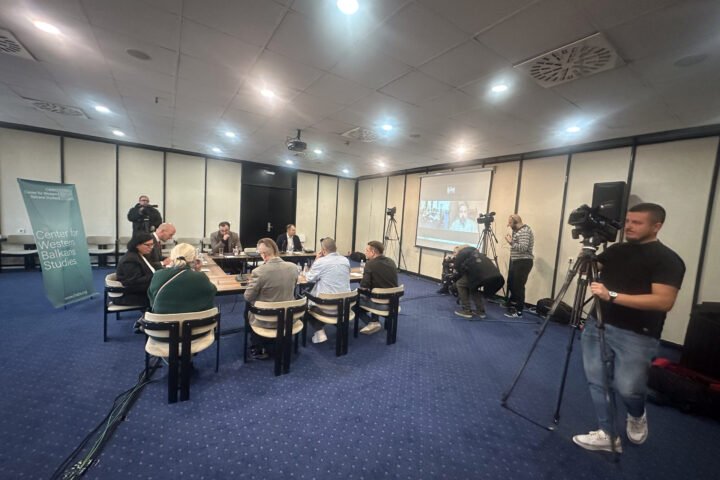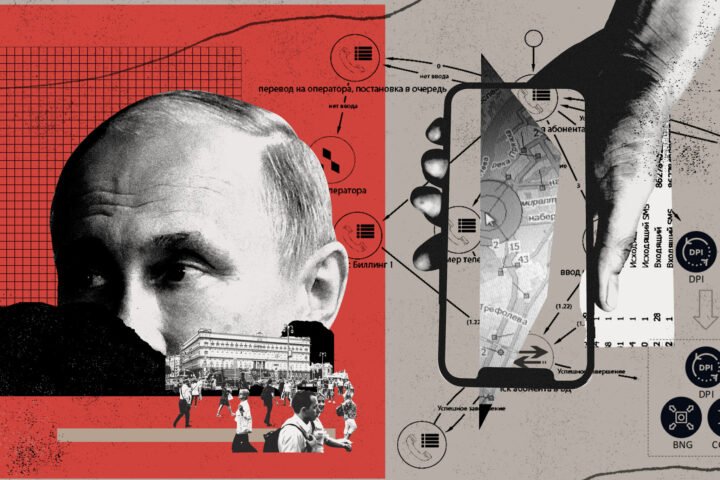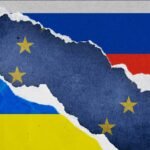Russian President Vladimir Putin’s visit to China in 2025 underscored how Moscow, once aspiring to be an independent pole in a multipolar world, has become increasingly dependent on Beijing. Russia’s influence in Central Asia and the Caucasus has sharply declined, the Shanghai Cooperation Organisation is dominated by China, and Russian energy is being sold at discount rates. Strategic decisions in Moscow are now often made with Beijing in mind, while even the symbolism of Victory in World War II has been reframed to align with Chinese narratives.
Strategic miscalculation after the invasion of Ukraine
The full-scale invasion of Ukraine in 2022 marked a turning point, amounting to what analysts describe as a strategic self-destruction. The war eroded Russia’s international standing, dismantled its carefully built foreign policy architecture, and eliminated its strategic autonomy. The Kremlin’s promise of restored greatness has instead led to subordination, reducing Russia to the role of a raw-materials supplier heavily reliant on its eastern neighbour.
China sets the terms, Russia loses influence
Today Beijing dictates the terms of engagement. Moscow has lost leverage in regional and global affairs, forfeiting resources and an international voice. Unlike the Soviet Union in the 1960s, which resisted ceding territory such as Damansky Island and competed with China for leadership within the socialist bloc, Putin’s Russia in 2025 has effectively relegated itself to the status of China’s resource appendage.
Geopolitical consequences and future scenarios
The deepening political and economic dependence on China has far-reaching implications. According to strategic assessments, the most pragmatic scenario may not be detaching Moscow from Beijing but rather coordinating with China to share Russian resources, potentially enabling some republics to gain independence within two decades. Analysts note that Beijing has effectively absorbed Russia into its sphere, leaving Europe with the stark choice of preparing for military confrontation. For Western allies, the only viable option may be to act decisively rather than limiting themselves to supplying arms to Ukraine.
